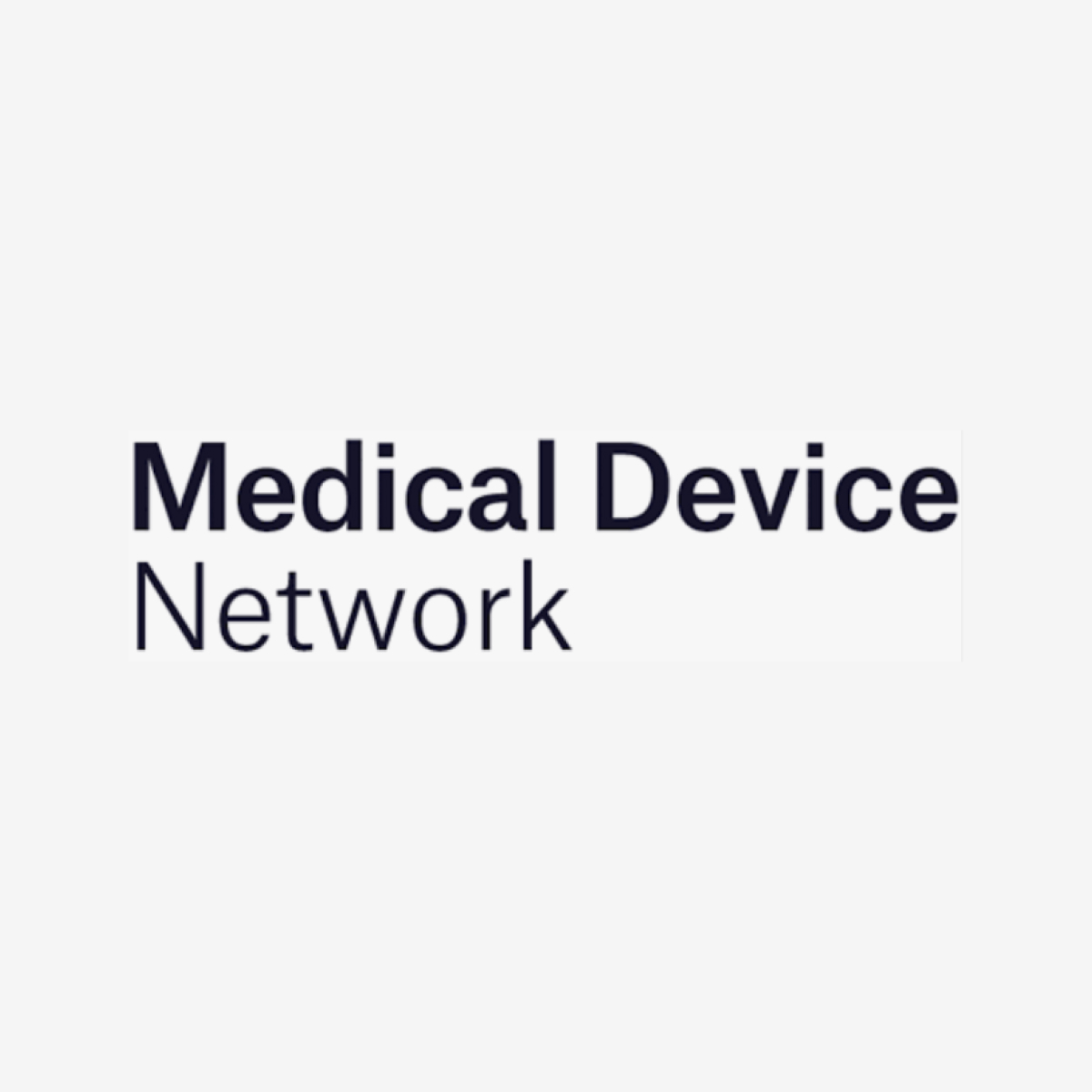
Artificial intelligence (AI) has made inroads into nearly every area of healthcare. With nursing shortages continuing—marked by the loss of some 100,000 nurses following the COVID-19 pandemic and projected deficits of 20% or more in some states—AI-based tools that improve access to information, streamline efficiency, monitor patients, track procedures, and…

It is with great excitement that we welcome you to the 2025 OR Manager Conference, taking place October 28–30 at the Anaheim Convention Center in California. This year’s event is a celebration of leadership, innovation, and collaboration across perioperative leadership, and we are thrilled you are here to be part…

Editor's Note The Centers for Medicare & Medicaid Services (CMS) announced the launch of a new model using artificial intelligence (AI) to target unnecessary Medicare spending, the agency reported in an October 17 update. The voluntary model will run from January 1, 2026, through December 31, 2031, and aims to…

Editor's Note Robotic-assisted cardiac surgery is reshaping the field, enabling safer, less invasive procedures once deemed too complex for minimal-access techniques, the American College of Surgeons October 1 reports. Advances in high-definition visualization, wristed instruments, and surgical control are allowing cardiothoracic teams to perform intricate repairs through incisions often smaller…

Editor's Note The Centers for Medicare & Medicaid Services (CMS) is enlisting artificial intelligence (AI) to combat wasteful spending, but ambulatory surgery centers (ASCs) warn the plan could slow care and increase administrative strain, Ambulatory Surgery Center News October 20 reports. The agency’s new Wasteful and Inappropriate Service Reduction (WISeR)…

Editor's Note University of California San Francisco (UCSF) surgeons and researchers presented a wide range of original work at the American College of Surgeons’ 2025 Clinical Congress in Chicago, held October 4–7. According to an October 7 article published by UCSF, the meeting featured topics from perioperative opioid stewardship and…

Editor's Note A new study shows video-language models (VLMs) can accurately evaluate nursing skills and generate meaningful feedback, potentially transforming how future nurses are trained and assessed, Cornell University October 6 reports. The study describes the first framework to apply VLMs to automated nursing competency evaluation. According to the article,…

Editor's Note Artificial intelligence (AI) and evidence-based fasting practices could significantly enhance safety and comfort for children undergoing surgery, according to research presented at the ANESTHESIOLOGY® 2025 annual meeting that took place on October 10–14. One study found AI systems outperform standard methods in key pediatric anesthesia tasks, including selecting…

Editor's Note Federal officials’ public rebuke of the Coalition for Health AI (CHAI) highlights mounting tensions over who should shape guardrails for artificial intelligence (AI) in healthcare, Modern Healthcare October 10 reports. As hospitals accelerate AI adoption, industry leaders, regulators, and developers are clashing over how to ensure the technology’s…

Editor's Note Artificial intelligence (AI) is driving medical technology from reactive tools to adaptive learning systems, Medical Device Network October 6 reports. Shweta Maniar, Google Cloud’s global director of healthcare and life sciences, said that advances in agentic AI are enabling medtech devices to anticipate patient needs, simplify operations, and…